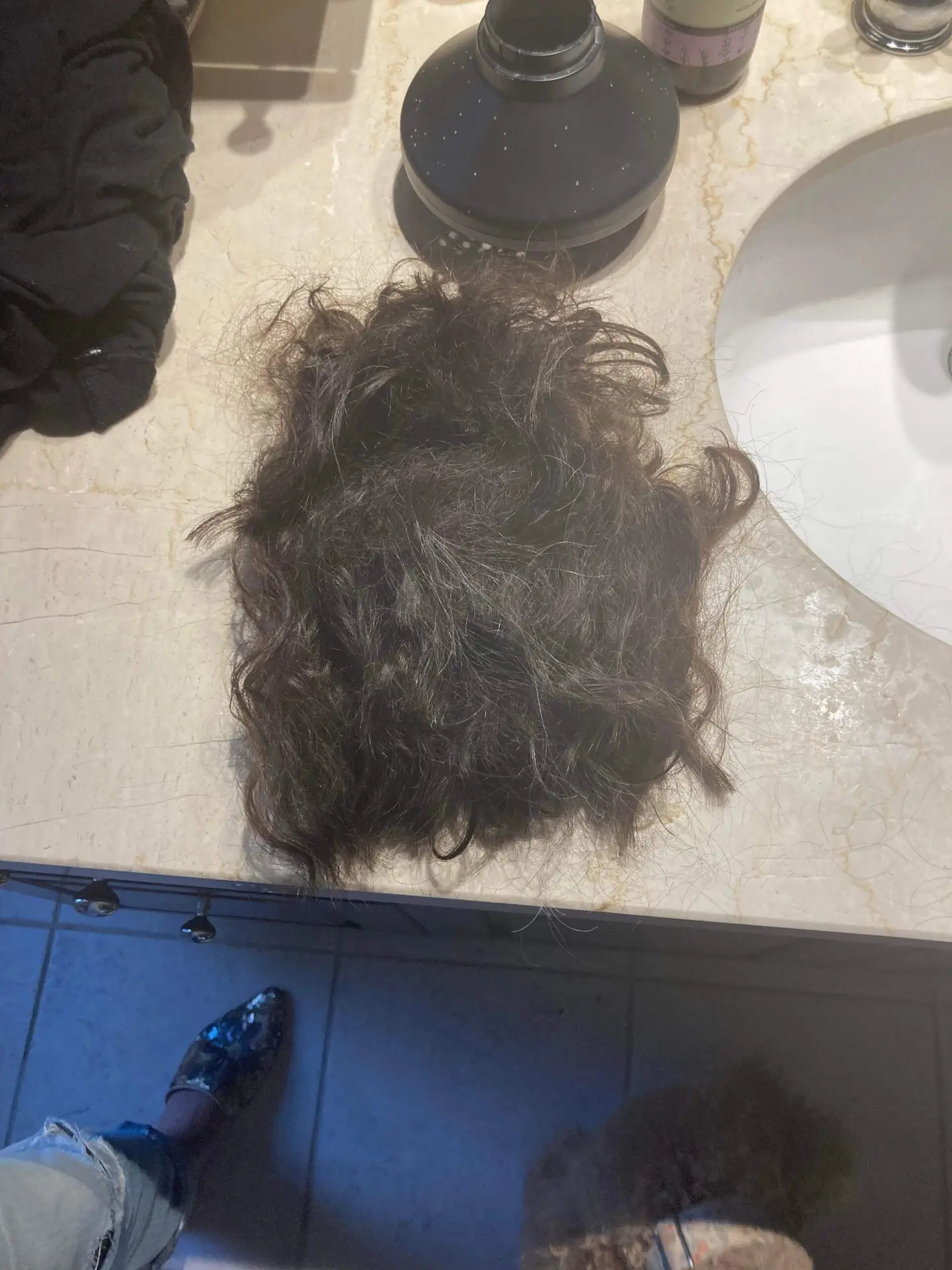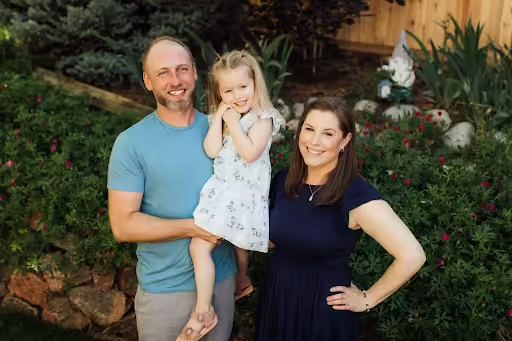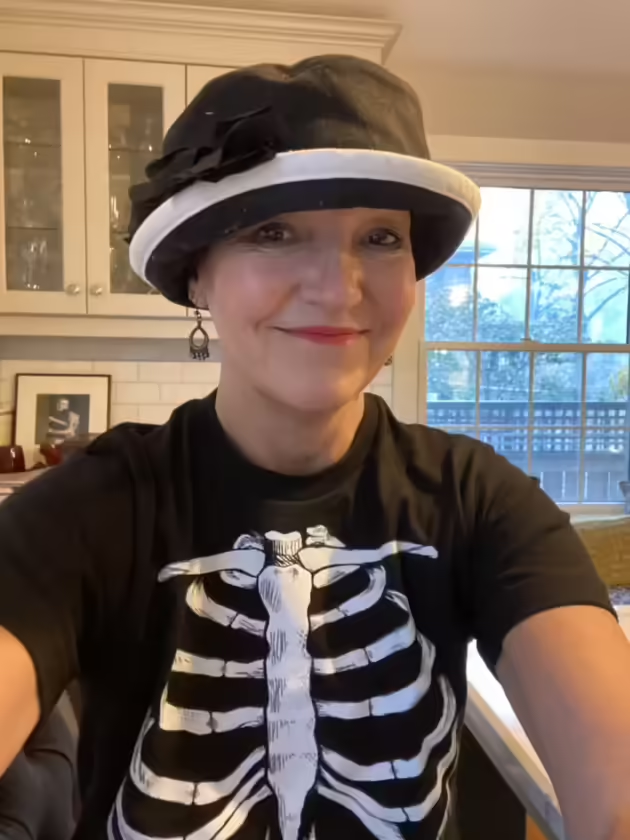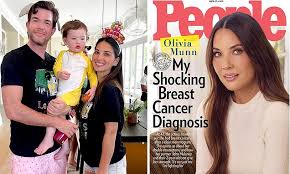I caught up with my cousin this week. The latter half of her career was spent doing trauma work with a major airline. She’s also experienced profound grief. She was incredibly helpful to me when I was first diagnosed and processing the fear I felt. She helped me understand that due to my breast cancer diagnosis, I was experiencing trauma for the first time.
Last night she relayed a recent conversation she had with a first responder. The person wanted some advice about how much detail they should share about a traumatic death. Her response, which I thought was spot on, was to use this phrase: “How much do you want to know?”
The right knowledge at the right time
It is the same thing with a cancer diagnosis. How much do you want to know? And when do want to hear that information?
In my book Flat Please, I talk about the power of knowledge and the fact that the knowledge that comes has to come at the right time.
My dad was a police officer. He spent most of his career as an investigator. He liked problem-solving, research and leg work. So do I. My immediate response to my cancer diagnosis is to start reaching out to survivors to gather information about the journey I’m now on.
People who have travelled this path will tell you that Google is not your friend. Searching the Internet can be scary for someone newly diagnosed with breast cancer, or any cancer. Sticking with credible, legitimate sources, such as the Mayo Clinic, Rethink Breast Cancer, the Canadian or American Cancer Societies, or Johns Hopkins is important. Even so, wading into information about stages, treatments and side effects is overwhelming and alarming. Some of those early conversations I had with friends who are survivors — and there are a lot of them — were immensely helpful. Others scared the living daylights out of me.
There is one particularly terrifying conversation with a well-meaning survivor known for her blunt talk. She is a five+ year survivor so in medical terms, a success story. She underwent a single mastectomy, followed by chemotherapy and radiation and eventually, a DIEP reconstruction of her breast. This is a relatively new reconstruction technique where they take tissue from your body to remake you a breast.
“Don’t expect your clothes to fit you anymore,” she warns. I was shattered by the thought. I love my fashion and my overflowing closet brings me joy.
“Don’t bother asking for a double mastectomy. It’s Canada and the health-care system will only pay for one side,” she continued. As I relayed in a recent blog, the thought of being lopsided and single-breasted did not sit well with me.
“The biopsy feels like someone slammed a car door on your finger.” That seed of discomfort plagued me for weeks to the point where I was terrified of the procedure (to reassure you, it was not painful at all).
“Reconstructive surgery is very painful, far worse than the mastectomy,” she then added. Yikes. Point taken and filed away.
And finally, “If you have chemo, you are going to feel like shit for six months and then you’ll feel better.” While I hope chemo is not in my future, I am realistic enough to take this piece of news on the chin.
What I came to understand this harsh truth, two weeks out from diagnosis only added to my anxiety.
It isn’t that I recommend sticking your head in the sand. Quite the opposite. Information is empowering. But protecting yourself and managing your anxiety, particularly in the early stages of a diagnosis is critical. When it comes to breast cancer and its related information, everything in its own time. Choose your sources of information, and your confidantes, carefully.
For some, diagnosed, there is a very real temptation to deny reality. I hear from women all the time who simply do not want to know the details of their diagnosis or treatment. It is is a natural phase of the grieving process to go through a stage of denial. “This can’t be happening to me,” we all say to others or to ourselves. However, that’s not necessarily a good place to stay either. Without knowledge, you are limited in your ability to participate in decision-making about your care, hold your own in conversations with your doctor, ask appropriate questions and thereby, advocate for yourself.
Shared decision-making works – in theory
In today’s highly strained healthcare system, clinicians are grappling with a large number of patients who need care while dealing with a lack of resources and a limited capacity to serve. They are doing their very best, but the sheer volume of demand means that even the most caring clinicians have little time to devote to each patient. If you show up to your appointment well-researched and armed with questions, your doctor will 100% take the time to respond. That was always my experience. But if you take a more passive stance, don’t expect them to volunteer anything but the necessary information. As such, many of your questions may go unanswered, and you may find yourself on a care pathway that is less than ideal.
In an ideal world, clinicians subscribe to the SHARE model of care. Using this five-step process for informed decision-making, clinicians will explore the options with their patient, comparing the benefits, harms and risks, to have a meaningful dialogue. There are, however, some assumptions built into this model of care. First, it assumes the patient understands the rules of the game. As a first-time patient in the healthcare system, I instinctively wanted to know and soaked up as much information as I possible. But as I indicated above not everyone responds this way. Patients are shocked, not thinking straight, and scared. This model assumes they and their families have done sufficient homework to be able to actively participate in this dialogue, understand what they are being told, and know what questions to ask.
Second, the patient feels confident in participating in this shared decision-making. A friend of mine’s mother, diagnosed with breast cancer after me, was bewildered by this approach. She was old school, brought up to respect a doctor’s authority and word. She just wanted the surgeon to tell her what to do. Others with a cultural background where authority is never challenged will also struggle with this shared model of care.
When dealing with a cancer diagnosis No doctors can tell you where the finish line is, or how you will get there. In the diagnostic process, information is gathered and revealed to both the physician and patient in steps. These steps take time. The biopsy results might tell them what kind of cancer I have, but not how to proceed with surgery. For women with underlying genetic mutations such as the Breast Cancer Gene (BRCA) or Ataxia-telangiectasia mutated (ATM) gene, the biopsy may not be enough. These women may require further testing to determine the best next steps.
If you don’t ask the questions, don’t expect answers
As a newbie to breast cancer, I was surprised to learn there is no single playbook to follow. Treatment is determined by elaborate algorithms and workflows that take into consideration numerous factors including the type and stage of cancer, the size and number of tumors, the rate of cell division, the person’s age, menopausal status, and more. No one sits you down and tells you any of this. They just assume you know. And there’s still enough residual paternalism in the medical system that if you don’t ask, they may assume you don’t want to know. Or, they’ll ask, “do you have any questions for me?” not realizing that we respond with a blank stare because we simply don’t know what questions to ask.
That is why I liked my cousin’s response to the first responder’s question: “How much do you want to know?” It puts the patient in the driver’s seat. It invites them to join in shared decision-making (or not). And gives them a sense of control about how much information they want, and when they want it.





